“UNLOCKING ETERNAL MELODY"
by D.D. Jackson
[originally published in DownBeat magazine, Aug./06]
Sometimes a great melody feels as if it’s been pulled whole cloth from the ether, as if a great fount of eternal melodies lie dormant, waiting for someone to unlock the keys and gain fleeting access and present these great tunes to the world. Melodies of this nature always appear to have an organic sense of inevitability, as if they could unfold in absolutely no other way but the manner devised, as flowing as the universe.
But being “inevitable” isn’t the same thing as being “predictable”, and it always appears as if the best melodies also walk a fine line between this sense of “inevitability” and a healthy unpredictability – the left turns, the sudden, inspired leaps of freshness, that help mark a melody as truly special. Constructing an organic melody possessing this delicate balance is perhaps one of the great challenges of good tune-writing.
Certainly, as jazz musicians, we are aided by our ability to ad lib ideas with often easy facility. In terms of developing melodies, this ability can be a critical tool for generating ideas and auditioning possible angles of attack as one proceeds. But in the compositional realm, I have occasionally seen among my students an over-reliance on “the moment”, resulting in pieces with intriguing ideas that don’t seem to reach their natural fruition as the piece unfolds, as if the whole composition was merely a written out, at-the-moment improvisation.
Often, more developmental digging is in order, and certainly a useful starting point can be a logical system of organization. When composing, I like to maintain several manila file folders, each containing ideas to the different pieces I might be currently working on. Sometimes, a given folder will contain a seeming mishmash of different sketches, using a form of shorthand intelligible perhaps only to myself but which gets enough information across to remind me of what I was thinking: a particular melodic snippet; a rhythm; a conceptual approach for a piece mixing elements of freedom with a more carefully defined melody, etc. By filing things in this loose yet organized manner, a given composition becomes not simply an unfinished sketch demanding immediate completion, but rather a “project” of related ideas within which I can freely and enjoyably explore and experiment (or set down when ideas aren’t quickly forthcoming, to temporarily dive into a different folder). In addition, sometimes just the act of adopting a subtly more casual attitude (“I’m not actually composing, though if I were I suppose it might be fun to go here next”, etc.) has led to my most organic-sounding work.
Whatever the approach, it can be an exhaustive process. It is said that Beethoven wrote out his Ode To Joy theme several hundred times before arriving at the melody that we all now know and love. And while there are certainly, in contrast, Mozartian types out there who presumably can rattle off a fully-formed piece while watching t.v., for most of us, deeper layer-peeling is critical.
This does not mean, however, a necessarily left-brained approach. There are many who espouse all manner of mathematical formulas and intellectualizations as a means of composition; certainly the process ultimately comes down to “whatever works” for the individual. But for me great tunes are really about trusting that feeling in one’s gut; a process of constant repetition, refinement, experimentation, and open-mindedness until that careful balance between the inevitable and unpredictable has been achieved, the keys to unlocking those “eternal melodies” are finally at hand, and your instincts tell you that it’s time to let go and move on.
